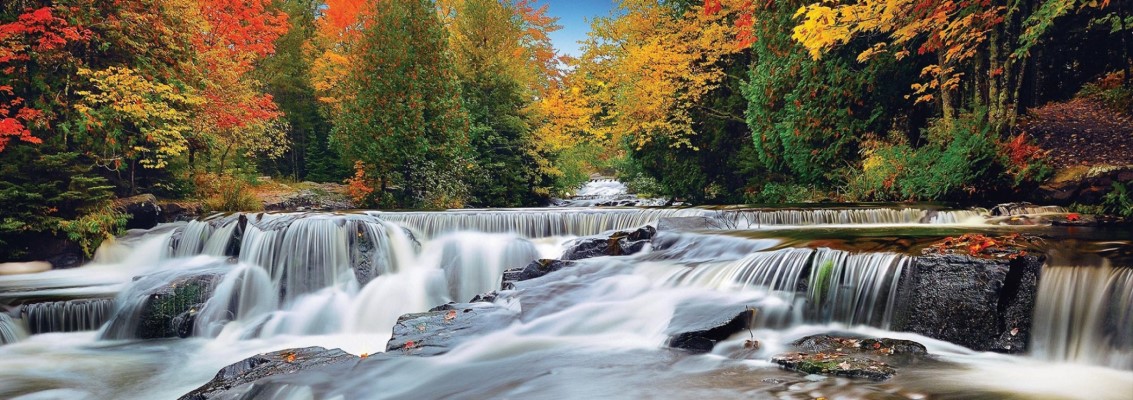
Environment
States serve as environmental stewards through their roles in managing state parks and forests, outdoor recreation facilities, energy production and distribution, water resources, waste management, and the elimination of polyfluoroalkyl substances (PFAS) and other forever chemicals. States also directly affect natural resources through their preservation and conservation strategies. To be effective environmental stewards, states must seek to balance efforts to maintain a healthy environment with efforts to develop and utilize natural resources.
Latest
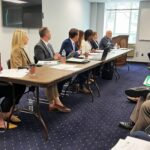
Congressional Briefing on Environmental Protection

Leveraging Outdoor Assets in the Travel, Tourism, and Outdoor Recreation Sectors

Advancing Equity in the Travel, Tourism, and Outdoor Recreation Sectors
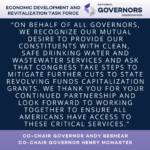
Governors Urge Congress to Address Water Infrastructure Funding Cuts

Innovative Workforce Development Programs for the Travel, Tourism and Outdoor Recreation Sectors
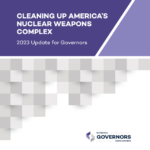
Cleaning Up America’s Nuclear Weapons Complex: 2023 Update for Governors
Meet the Team
- Jessica Rackley, Program Director
- Henry Ashley, Policy Coordinator
Projects
Outdoor Recreation Learning Network

The NGA Outdoor Recreation Learning Network and Economic Policy teams are working with state recreation and economic policy networks and the Oregon State University’s Center for the Outdoor Recreation Economy (CORE) to gather and analyze data in order to study the effectiveness of Economic Development Administration Travel, Tourism and Outdoor Recreation (TTOR) grants.
Travel, Tourism And Outdoor Recreation

The NGA Outdoor Recreation Learning Network and Economic Policy teams are working with state recreation and economic policy networks and the Oregon State University’s Center for the Outdoor Recreation Economy (CORE) to gather and analyze data in order to study the effectiveness of Economic Development Administration Travel, Tourism and Outdoor Recreation (TTOR) grants.

The toolkit offers ideas to help governors respond to trends as they take action in their states in four areas — energy efficiency, clean energy, transportation electrification, and cyber and physical protection.
The mission of the FFTF is to bring together governor-designated representatives with U.S. Department of Energy officials to examine critical technical, policy and budget issues and improve coordination of major program decisions on a range of issues related to radioactive material and waste.
Related
NGA Resources
States serve as environmental stewards through their roles in managing state parks and forests, energy production and distribution, wildlife protection, land use and waste management. States also directly affect natural resources through their preservation and conservation strategies. To be effective environmental stewards, states must seek to balance efforts to maintain a healthy environment with efforts to develop and utilize natural resources.
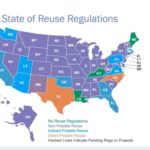
Creating Water Resilience: State Regulations for Water Reuse and Recycling

2020 Spring Meeting of the Federal Facilities Task Force
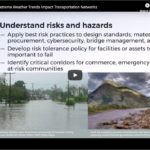
How Extreme Weather Trends Impact Transportation Networks

Governors Taking Action by Leading by Example
Eighteenth Annual Intergovernmental Meeting with the U.S. Department of Energy on Nuclear Weapons Waste Cleanup
New Advisor Bootcamp and Annual Water Policy Institute
Governors Advisors Energy Policy Institute


